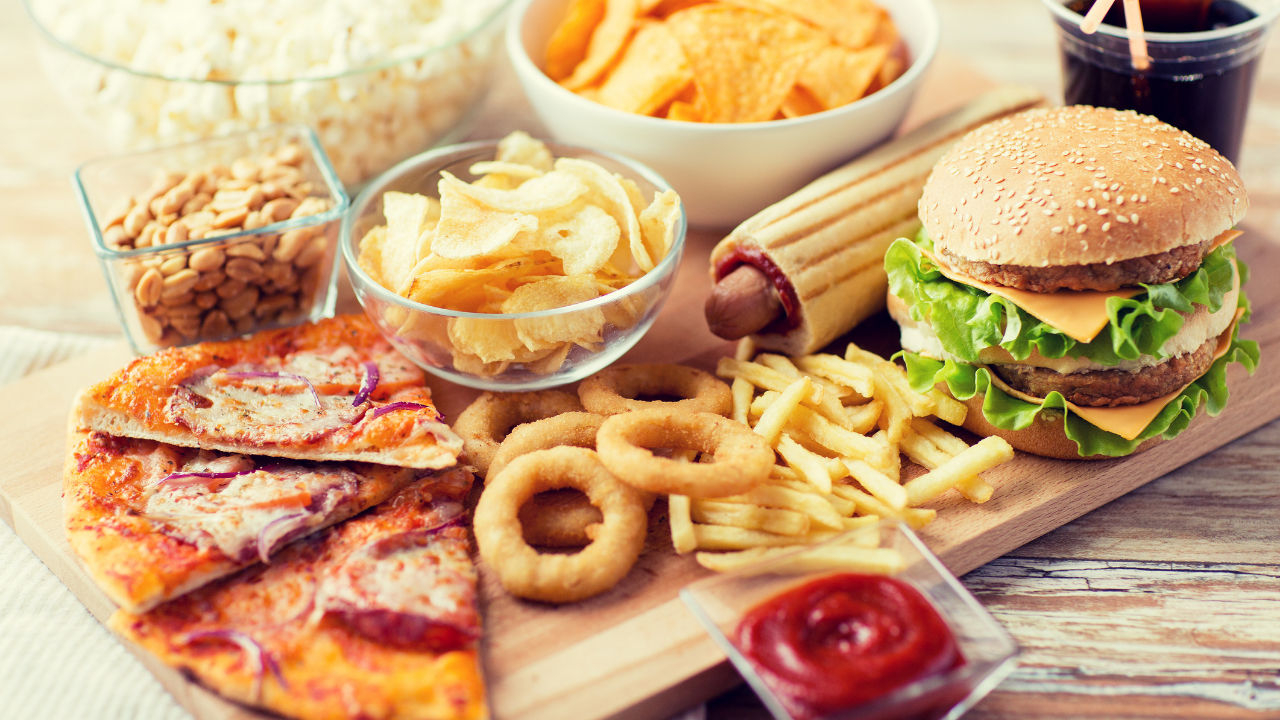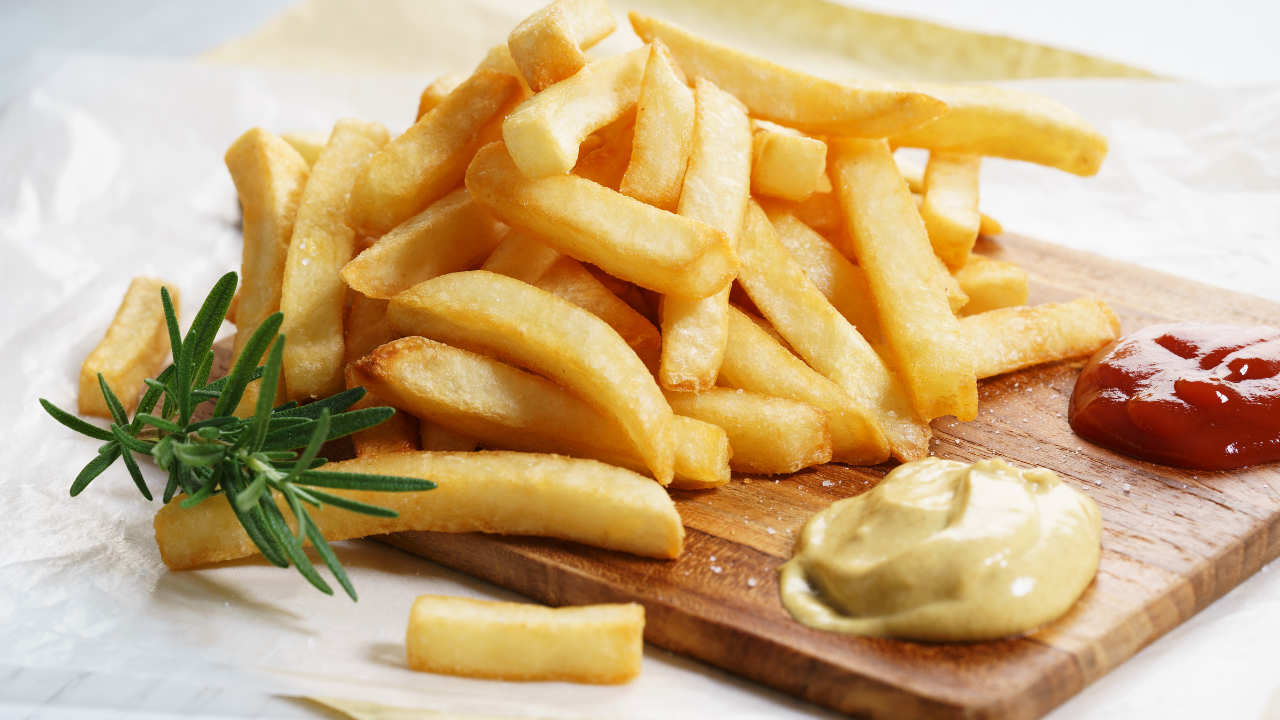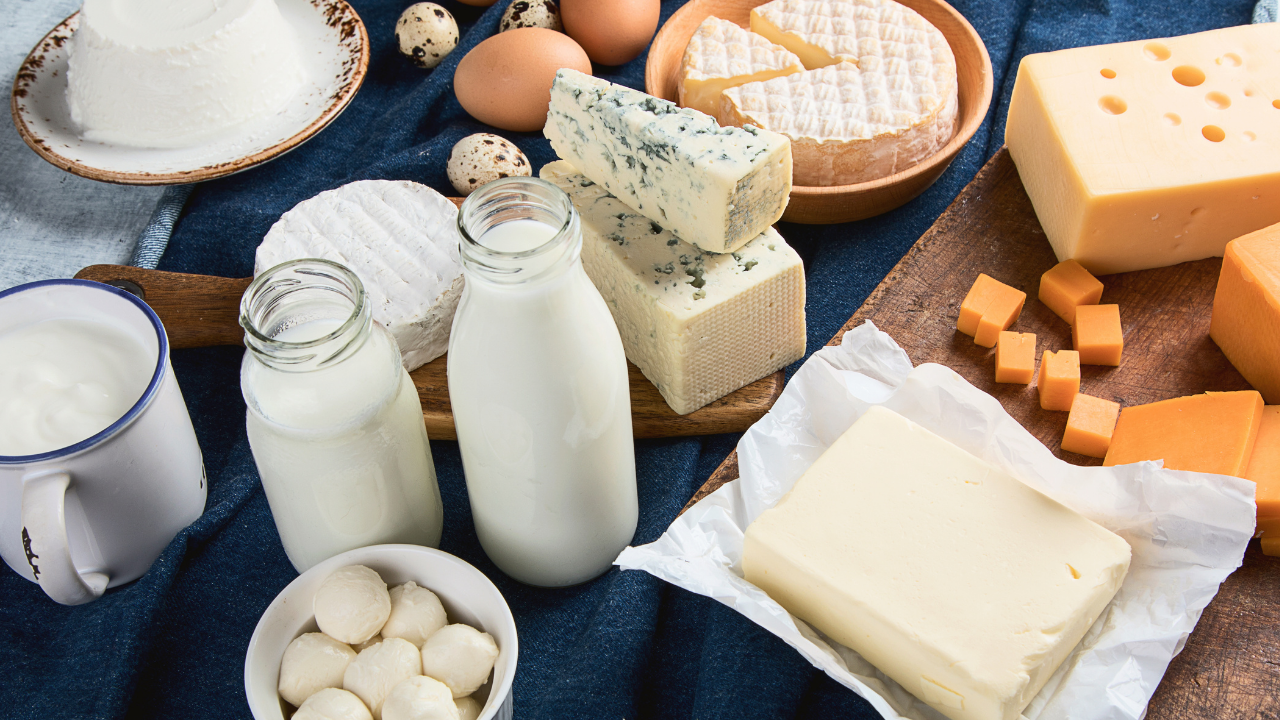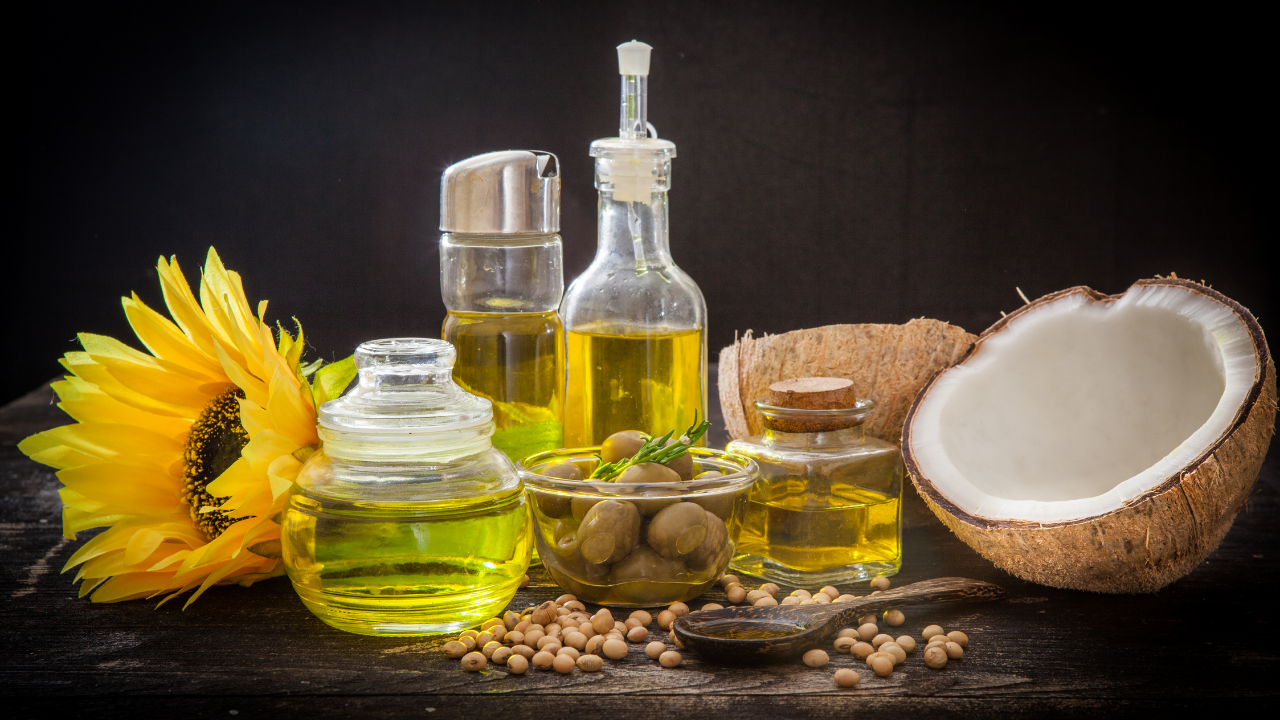What are the bad fats that are linked to anxiety and depression?
Dec 31, 2021
There are good fats and there are bad fats. It’s easiest to remember that almost all the foods that come straight from nature contain the good fats we need, foods like avocado, walnuts, and chia seeds, among others. Bad fats are mostly human-made, including those you find in fried food, fast food, and hydrogenated oils (trans fats). Saturated fats are mixed when it comes to health effects—more on that later!
Don’t be fooled by the seemingly low prices on fried food and fast food; the true price of that cheap fast food gets expensive real fast. According to many studies, people who eat fast foods like hamburgers, hot dogs, pizza, and baked goods are more likely to develop depression; in fact, says a 2012 study in the journal Public Health Nutrition, more than 51 percent more likely. Yes, I still want to enjoy French fries for the rest of my life, but I try to avoid fast-food joints that cook them in low-quality toxic oils. I seek out higher-quality foods or make them myself at home. When I fill myself up on good fats, I don’t crave the bad fats.
Hydrogenated fats are liquid vegetable oils that are made creamy when manufacturers convert fats through hydrogenation, the process of adding hydrogen to a liquid fat to turn it into a solid. While full hydrogenation has risks you would wish to avoid, you should be most concerned about partially hydrogenated oils, which are known as trans fats. These should be cut from your diet without hesitation. Hydrogenated oils/trans fats have been causally linked to increased depression and anxiety.

Trans fats became common in the 1950s and are found in margarine, snack food, chips, packaged baked goods like muffins and crackers, and oils used to fry fast food. They are such a threat to public health that in May 2018 the World Health Organization released a six-point plan, known by the acronym REPLACE, to remove them from the global food supply.3 Consuming trans fats can increase your risk of depression by as much as 48 percent, according to a study published in PLoS One.
Trans fats have an adverse effect on the brain and nervous system. When we eat trans fat it is incorporated into brain cell membranes and alters the ability of neurons to communicate. This can diminish mental performance and might create a feeling of brain fog. There is a direct relationship between eating trans fats and mental health issues.
I saved the worst for last: Bad fats have also been linked to murder. Yes, that’s right, trans fats lead to so much inflammation in the brain that it creates an agitated mood and aggressive behavior. Mark Hyman, M.D., shared some disturbing research on his blog showing how homicide in the United Kingdom increased dramatically with the increased consumption of linoleic acid-rich soybean oil. The same thing happened in the United States, Australia, Canada, and Argentina.6 Interestingly, apparently homicide rates are also inversely related to seafood consumption—meaning, societies in which more seafood is consumed have lower homicide rates. Dr. Hyman makes a good point that the fats people are eating today aren’t the ones our ancestors ate. Human evolution occurred in an environment where seafood and wild animal fat were the predominant sources of dietary fat, rather than trans fats and fried food.
Saturated fats, like the ones found in deli meats, high-fat dairy, and butter can clog arteries and prevent blood flow to the brain—inhibiting it from optimal function. What’s worse is when these bad fats are mixed with sugar! Studies have shown that a dietary pattern characterized by saturated fats and added sugars are consistently associated with higher anxiety levels. This is because the consumption of saturated fats, processed foods, and added sugar causes alterations of glucose, protein, and energy homeostasis, and increases in inflammatory cytokines and corticosterone (an adrenal hormone).

Not all saturated (and unsaturated) fats are created equal, however. Research has shown that medium-chain saturated fats (MCSFs) and monounsaturated fats (MUFAs) have health benefits not found in long-chain saturated fatty acids (LCSFAs). LCSFAs promote insulin resistance, inflammation, and fat storage. MCSFs and MUFAs, on the other hand, are more likely to be burned for energy rather than stored as fat (adipose). Furthermore, omega-6 polyunsaturated fatty acids (PUFAs) may contribute to obesity, whereas omega-3 PUFAs may be protective.
Most foods contain a combination of several types of fats, but the following foods are particularly rich in these fats:
• MCSFs: coconut oil
• MUFAs: olive oil, avocados, nuts, seeds
• LCSFAs: cream, butter, margarine, palm oil
• Omega-6 PUFAs: vegetable oils
• Omega-3 PUFAs: fish oils

Do not try to avoid fats altogether! Healthy fats have a purpose in our bodies: They metabolize fat-soluble nutrients so that our brains can function properly. When you avoid fats entirely, you ruin your health. You can experience burnout—complete exhaustion—and this leads to craving fast food and fried food. Stay nourished by healthy fats and the other stuff will be less appealing to you. Healthy fats also will reduce your inflammation. Replace bad fats with healthy fats like the following.
• Olives and olive oil
• Coconuts and coconut oil
• Raw nuts, such as macadamias and pecans
• Seeds, such as sesame, pumpkin, hemp, and chia
• Organic egg yolks from pastured poultry
• Meat from grass-fed, pasture-raised animals
• Butter or ghee made from raw, grass-fed, organic milk
• Animal-based omega-3 fat, such as krill oil
• Wild-caught salmon
• Cacao butter
Make sure to read all the ingredient labels for sneaky bad fats; you will be surprised where you find it, even conventional nondairy creamers often use hydrogenated oils/trans fats.
This has been an excerpt from my book Anxiety-Free with Food.
1. Plataforma SINC, “Link Between Fast Food and Depression Confirmed.” ScienceDaily (March 30, 2012), www.sciencedaily.com/releases/
2. C.S. Pase, et al., “Prolonged Consumption of Trans Fat Favors the Development of Orofacial Dyskinesia and Anxiety-Like Symptoms in Older Rats,” International Journal of Food Sciences and Nutrition, vol. 65, no. 6 (September 2014), pp. 713–9, doi: 10.3109/09637486.2014.898255.
3. “WHO Plan to Eliminate Industrially-Produced Trans-Fatty Acids from Global Food Supply,” World Health Organization (May 14, 2018), https://www.who.int/news-room/
4. A. Sánchez-Villegas, et al., “Dietary Fat Intake and the Risk of Depression: The SUN Project,” PLoS One, vol. 6, no. 1 (January 26, 2011), e16268, doi: 10.1371/journal.pone.0016268.
5. E. Ginter and V. Simko, “New Data on Harmful Effects of Trans-Fatty Acids,” Bratislavské Lekárske Listy, vol. 117, no. 5 (2016), pp. 251–3, doi: 10.4149/bll_2016_048.
6. M. Hyman, “The Missing Fat You Need to Survive and Thrive,” DrMarkHyman.com (accessed May 6, 2020), https://drhyman.com/blog/2016/
7. J.R. Hibbeln, L.R. Nieminen, and W.E. Lands, “Increasing Homicide Rates and Linoleic Acid Consumption among Five Western Countries, 1961–2000,” Lipids, vol. 39, no. 12 (December 2004), pp. 1207–13, doi: 10.1007/s11745-004-1349-5.
8. M.F. Masana, et al., “Dietary Patterns and Their Association with Anxiety Symptoms among Older Adults: The ATTICA Study,” Nutrients, vol. 11, no. 6 (June 2019), p. 1250, doi: 10.3390/nu11061250.
9. J.J. DiNicolantonio and J. H. O’Keefe, “Good Fats versus Bad Fats: A Comparison of Fatty Acids in the Promotion of Insulin Resistance, Inflammation, and Obesity,” Missouri Medicine, vol. 114, no. 4 (July–August 2017), pp. 303–7, PMID: 30228616.


